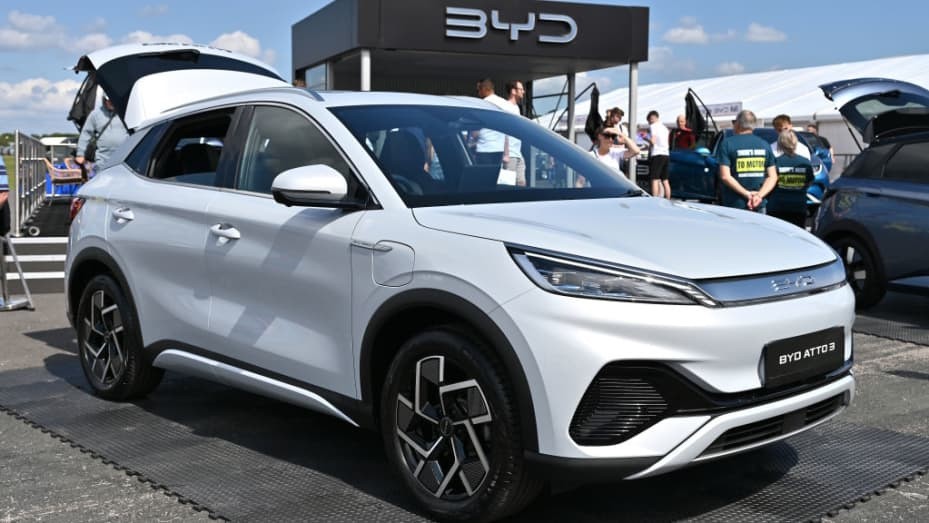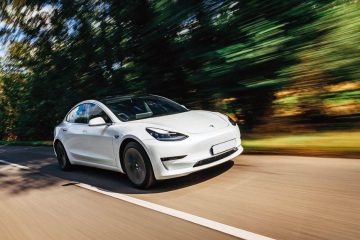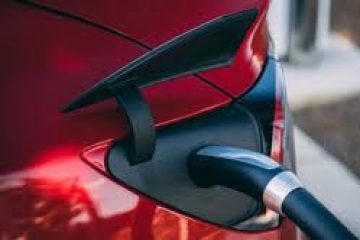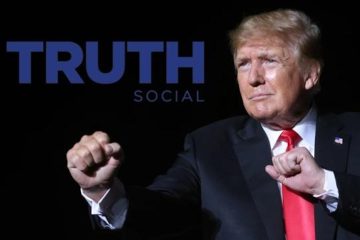Potential US Market Entry for Chinese EV Manufacturer BYD: A Mexico Factory

In its pursuit of worldwide expansion, the Chinese manufacturer BYD has turned its attention to North America, specifically Mexico.
Sources close to the situation say that the Shenzhen-based automaker is looking into potential sites in the nation to build a facility from which it might export vehicles to the United States. The company’s meteoric rise has rendered it one of the leading electric-vehicle dealers globally.
Despite the political dangers, the proposals demonstrate growing excitement within China’s automotive industry for North American development. To save money, automakers might manufacture vehicles in Mexico and ship them to the United States instead of China, where they would be subject to far higher import taxes.
CEOs of competing car companies have voiced concerns about Chinese competitiveness, with some calling for greater government intervention to protect American manufacturers from Chinese imports. They are worried about their Chinese competitors’ significant cost advantage in electric vehicles, according to these CEOs.
Conflict between the two countries may be far off in the future; according to those in the know, BYD has not yet decided what to do regarding Mexico.
According to a BYD representative, the business is not planning any “imminent announcements to make regarding new markets.”
According to documents with the Mexican stock exchange, at least twelve Chinese suppliers of electric car components have either announced the opening of new plants or increased their existing investments in Mexico. A trade treaty between the United States, Mexico, and Canada encourages North American automakers to employ domestically produced materials, and these component manufacturers are reacting to that need.
Market leaders in the automotive industry
BYD, which stands for “Build Your Dreams,” has been seeing fast growth both domestically and internationally. European and Southeast Asian consumers have shown a marked preference for BYD’s affordable electric vehicles in recent years.
It finally surpassed Tesla as the top seller of electric vehicles globally in the last quarter of last year.
Some Western automakers’ top brass have been more outspoken in recent weeks about the danger that these Chinese enterprises represent to their own electric vehicle ambitions. Chinese electric vehicle manufacturers like BYD have been successful in attracting consumers with fashionable and technologically sophisticated EVs at affordable rates thanks to a combination of engineering, government subsidies, and cheaper labor.
Stellantis CEO Carlos Tavares warned Thursday that the global automaker must be able to compete with Chinese rivals on price or risk losing ground. Stellantis is Chrysler’s parent company. He said their growth was “very powerful” and drew parallels between their possible entrance into the American market and that of South Korean companies in the 1990s and Japanese carmakers in the 1970s.
“You can see it in the European markets,” Tavares remarked on a conference call with analysts. “The same movie—a third time—may not be something we’re interested in.”
Similar worries have been voiced by Elon Musk, chief executive of Tesla, who claims that Chinese companies are now the “most competitive” globally and have achieved tremendous success outside of China.
“If there are not trade barriers established, they will pretty much demolish most other car companies in the world,” Musk stated during Tesla’s earnings call in January.
New tariffs could be imposed on Chinese electric vehicle manufacturers if the European Union’s inquiry into possible improper subsidies turns out to be accurate.
Mexican Advantages
Due to its proximity, relatively cheap labor costs, and the possibility of taking advantage of low or zero tariffs on made-in-Mexico vehicles, Mexico would be an ideal staging ground for Chinese automakers to join the U.S. market. Rumor has it that BYD is looking at a few sites close to the U.S. border, according to those in the know.
The current duty on electric vehicles manufactured in China is 27.5% when imported into the United States. This includes the standard 2.5% tariff on imported cars as well as an extra 25% tariff that targets Chinese-made cars, which was implemented in 2018 by the Trump administration.
In addition to limiting eligibility for a $7,500 consumer subsidy for automobiles constructed with batteries supplied by Chinese companies, the Biden administration is also considering further tariff increases on Chinese electric vehicles, according to The Wall Street Journal.
However, the cheap 2.5% tariff upon entering the U.S. might be enjoyed by cars manufactured at a Mexican factory owned by Chinese investors. Under the 2020 U.S.-Canada-Mexico Agreement, the factory’s automobiles may be exempt from tariffs provided they fulfilled strict requirements for local content.
According to an internal memo from last fall, Toyota executives in North America assessed that, even after accounting for the modest U.S. tax, Chinese companies had a cost advantage of 25% to 30% over worldwide competitors when making electric vehicles. The document warned that Chinese electric vehicle manufacturers like BYD, Geely, and NIO would “storm the U.S. market” if the federal government rushed to encourage the purchase of electric vehicles.
Stella Li, a senior executive at BYD, met with Mexican officials in January to discuss BYD’s expansion ambitions in the country, according to Mexico’s minister of economy. Jorge Vallejo, a veteran of Mexico’s Nissan and Mitsubishi departments, is the new general director of BYD in the nation.
To keep costs down, BYD manufactures a lot of its components in China, including its electric vehicle batteries. Just how big of a cost benefit BYD could get by moving part of their production to Mexico is unclear.
Despite BYD leaders’ long-held desires to sell passenger EVs in the US, they have treaded carefully in anticipation of regulator and competitor pushback. Currently, the company’s electric buses and trucks manufactured in its Lancaster, Calif. location are sold in North America.
According to sources within the company, BYD is keeping a careful eye on the upcoming US presidential election as it considers the prospect of selling cars to Americans. Among the many possible future uses for the Mexican facility, according to BYD executives, is as an export hub for vehicles bound for South American markets or for batteries and other automotive components bound for American consumers. According to an earlier story in Japan’s Nikkei newspaper, BYD was reportedly considering a factory in Mexico.
Chinese investment in Mexico is being closely watched by officials in the Biden administration, who are worried that Chinese companies may take advantage of the regulations set out by the North American free-trade agreement. Janet Yellen, secretary of the treasury, traveled to Mexico in December to discuss ways to improve collaboration on financial and security matters, including the formation of a committee to examine foreign investments in the Americas.
American Automotive Policy Council president Matt Blunt stated, “There’s no question the global expansion of the Chinese auto industry is a highly disruptive force.” The council represents the interests of the auto industry and includes companies including General Motors, Ford Motor, and Stellantis.
“While we do not possess a particular policy recommendation, we believe it is critical that business executives and lawmakers contemplate the possible consequences,” he remarked.







